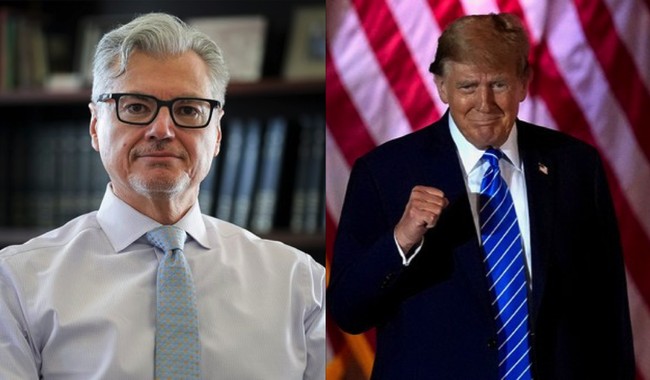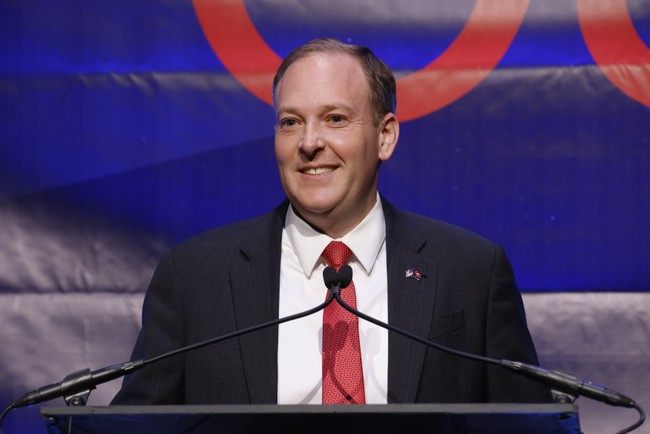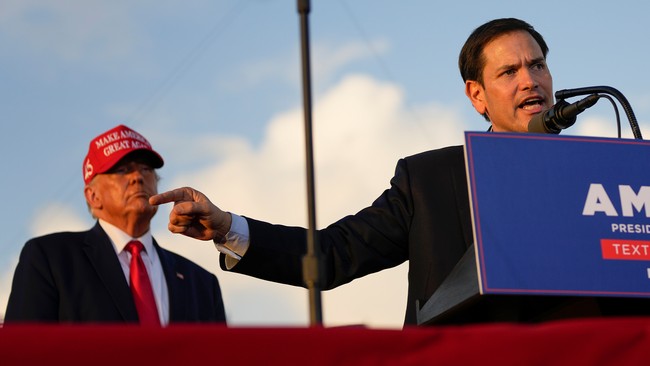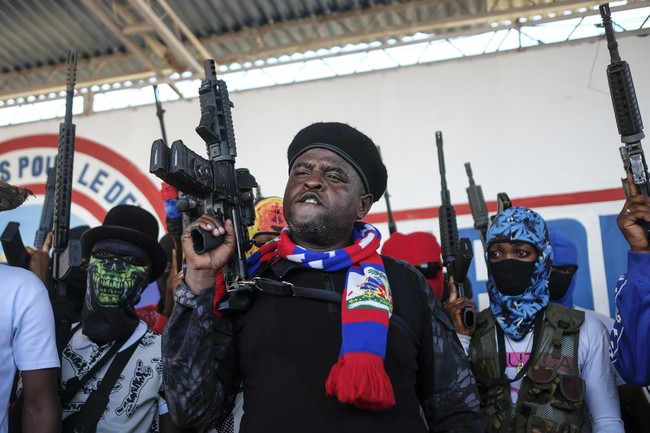Antisemitic Attacks in Amsterdam: Unfolding Story
Recent events in Amsterdam have sparked global condemnation after Israeli soccer fans were violently attacked. The incident unfolded following a soccer match, highlighting serious antisemitic tensions.
Published November 09, 2024 - 00:11am
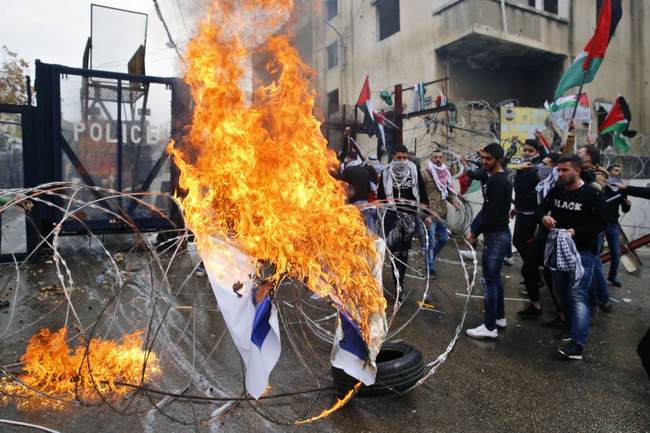
Image recovered from redstate.com
A violent outbreak of antisemitic aggression erupted in Amsterdam, leaving Israeli soccer fans targeted in a series of disturbing events. The confrontation came in the wake of a Europa League match where Maccabi Tel Aviv faced off against Ajax, ending with a score of 5-0 in favor of Ajax. The violence has drawn strong reactions from leaders worldwide, drawing attention to antisemitism in Europe.
The Dutch capital witnessed scenes of chaos as Israeli fans found themselves under attack. Multiple arrests were made, with authorities confirming 57 people detained following clashes around the city. Intense social media footage depicted fans being violently attacked and driven into hiding, with reports of individuals seeking refuge in canals and buildings. This uptick in violence has alarmed both local and international spectators, urging a critical appraisal of the escalating situation.
The unrest has been severely criticized by international figures, including Israeli and Dutch leaders, who labeled the attacks as antisemitic. Prime Minister Benjamin Netanyahu's immediate response involved dispatching rescue flights to evacuate affected citizens, emphasizing the severity of the situation as he called for enhanced protection measures from Dutch authorities. Echoing concerns, Dutch Prime Minister Dick Schoof and European Commission President Ursula von der Leyen condemned the violence, reiterating the unacceptable nature of such acts within Europe.
Israeli ambassador to the United Nations, Danny Danon, did not mince words, labeling the incidents a pogrom in modern Europe. His statement reflected the deep concern gripping Israelis and sparked dialogue on historical recurrence and the need for proactive measures to counter rising antisemitism. The Jerusalem Post reported on the terrifying ordeal, with some Israelis allegedly facing attempted kidnappings, showcasing the gravity of violence experienced by the people present there.
Meanwhile, the city of Amsterdam grapples with allegations of inadequate response from its law enforcement, adding another layer to the unfolding drama. Israeli President Isaac Herzog and other leaders pointed out the parallels between these assaults and past violent episodes, pushing for immediate international intervention. In response, Dutch officials committed to identifying perpetrators to ensure they face justice, with top government officials closely monitoring the situation.
The ramifications of this episode continue to reverberate through international diplomatic channels as nations confront their stances on anti-Jewish sentiment and work towards collective responses to age-old prejudices manifesting violently in modern societies. Tension escalated ahead of scheduled football events involving Israeli teams, sparking debates concerning public safety and regional diplomacy amid sports.
Further reactions followed the shocking events, as security measures and international compliance came under scrutiny. Israel's proactive steps to withdraw citizens and reduce their exposure to threats underscore the seriousness attributed to this scenario. Calls for decreasing visible Jewish symbols in public spaces highlighted a tension-filled approach towards ensuring safety amid hostility from antisemitic quarters, urging introspection on societal inclusiveness and tolerance measures.
European and international entities responded with firm stances against hate-fueled violence, emphasizing the need for educational and legislative reforms to combat rising intolerance. As investigations continue with reports pending verification, global observers remain alert, recognizing the implications of unchecked hatred within multicultural, democratic landscapes threatening societal fabric.

